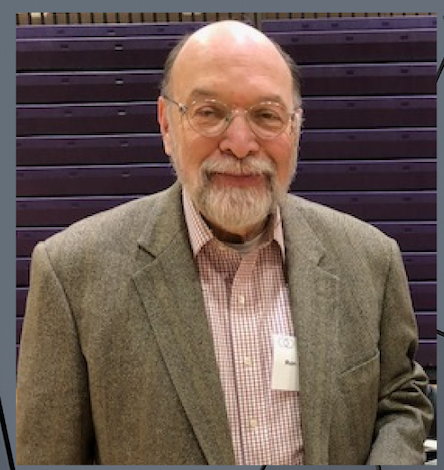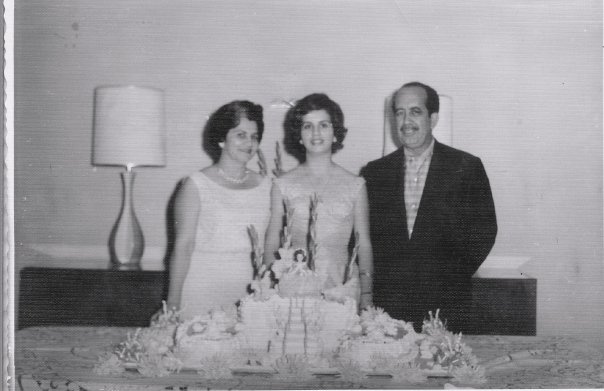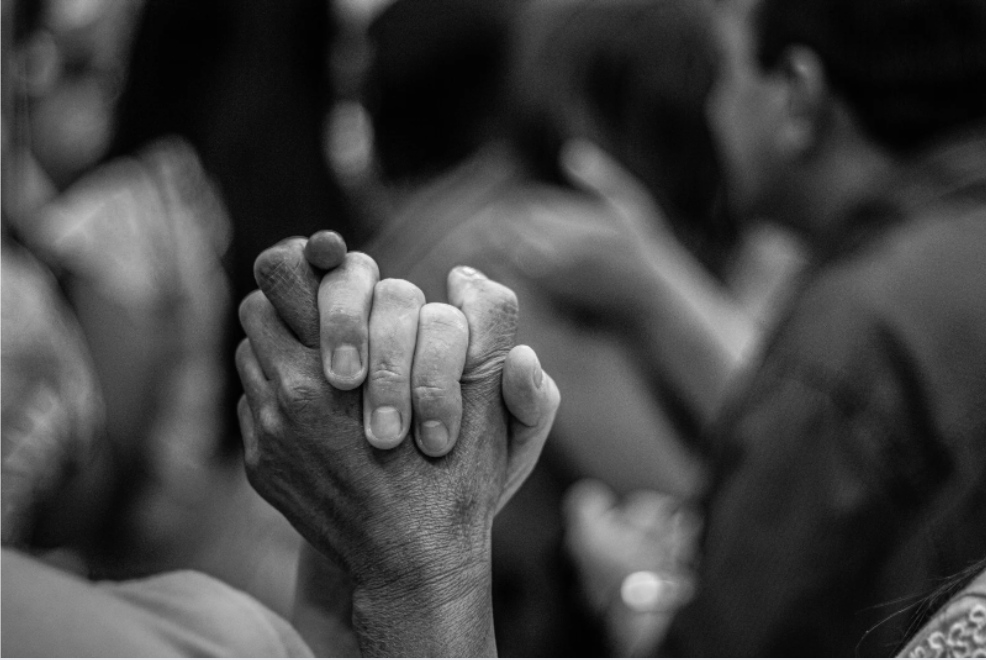February 2, 2020
Lincoln delivered his Second Inaugural Address, in Washington, D.C., on March 4th, 1865. I would like to quote it:
“On the occasion corresponding to this four years ago, all thoughts were anxiously directed to an impending civil war. All dreaded it–all sought to avert it. …. Both parties deprecated war; but one of them would make war rather than let the nation survive; and the other would accept war rather than let it perish. And the war came.
One-eighth of the whole population were colored slaves, not distributed generally over the Union, but localized in the Southern part of it. These slaves constituted a peculiar and powerful interest. All knew that this interest was, somehow, the cause of the war….. Neither party expected for the war, the magnitude, or the duration, which it has already attained. … Both read the same Bible, and pray to the same God; and each invokes His aid against the other. … The prayers of both could not be answered; that of neither has been answered fully.
The Almighty has his own purposes. “Woe unto the world because of offences! for it must needs be that offences come; but woe to that man by whom the offence cometh!” If we shall suppose that American Slavery is one of those offences which, in the providence of God, must needs come, but which, having continued through His appointed time, He now wills to remove, and that He gives to both North and South, this terrible war, as the woe due to those by whom the offence came, shall we discern therein any departure from those divine attributes which the believers in a Living God always ascribe to Him?
Fondly do we hope–fervently do we pray–that this mighty scourge of war may speedily pass away. Yet, if God wills that it continue, until all the wealth piled by the bond-man’s two hundred and fifty years of unrequited toil shall be sunk, and until every drop of blood drawn with the lash, shall be paid by another drawn with the sword, as was said three thousand years ago, so still it must be said “the judgments of the Lord, are true and righteous altogether.”
Lincoln, as a child of the Enlightenment, never accepted Christianity but was still a great student of the Bible. The reference to the “offense [that] cometh … in the providence of God” is from Matthew chapter 18, verse 7. So, in reflecting on this, what many believe to be the greatest speech in American history, it is fitting to refer to another well-known Bible story, Genesis chapter 45.
That chapter tells the story of Joseph revealing himself to his brothers. Joseph was revered in Egypt; he predicted famine and was raised up by Pharaoh to prepare for it by storing grain in the seven years before. When that famine came, the brothers, who had left Joseph to be sold into slavery, went down from Canaan to Egypt to buy grain. After seeing them, Joseph told them he is their brother, the favored son who they had hated. The brothers were, as you could well imagine, struck dumb to see standing before them the brother whom they had left for dead in the desert decades earlier. We know from what Joseph said that they confessed their wrong. To his repentant brothers, he said
[B]e not grieved, nor angry with yourselves, that ye sold me hither …
And he absolved them of their sin, seeing all that happened as God’s will.
God did send me before you to preserve life. … So now it was not you that sent me hither, but God …
Now imagine that you were writing the script for a TV dramatization of Bible stories. Joseph and the brothers have each said a true thing. The brothers did commit a heinous crime, and God did put Joseph to use for their common good. But what if you switch who says what? To his brothers, Joseph says,
You scoundrels, who left me to die and be sold into slavery!
And the brothers respond,
Don’t blame us! God had a purpose! Didn’t everything work out okay? No harm, no foul!
In our day, we value speaking the truth above all, getting the facts right and being honest. But is there not something more important than truth? I do not mean that the false ever stands on equal footing with the true. But who may say a certain true thing depends, morally, on who they are, what standing they have to tell that truth. What is it that gives some people, and not others, the moral right to say a true thing?
One element, not the only one, is their purpose in speaking. One speaker accepts a moral burden by saying a true thing; the other tries to shift that burden to others. It’s the difference between responsibility and blame, admission and accusation, confession and conviction.
In the story that comes down to us, Joseph’s brothers confess their crimes and accept responsibility.
Joseph, rather than blame his brothers, accepts responsibility to do God’s will and save them all.
Lincoln, leader of the victorious North, could easily have laid all blame for slavery – and thus the war it caused – on the South. But, he said, the North shared that responsibility. And with good reason. Abolitionists were reviled in much of the North, as they were in the South. The Cotton Whigs, supported by New England textile manufacturers, had as benign a view of slavery as the most ardent Southern plantation owner. Slavery prospered, not despite the opposition of many northerners, but because of the acquiescence or even support of most northerners.
Lincoln shared that responsibility in his limited approach to slavery. His moderate opposition to slavery is reviled with good cause by some black scholars. He did not support full citizenship for blacks and, unlike the abolitionists, sought not to eradicate slavery but only to limit its expansion beyond the South. The Emancipation Proclamation, the basis for his idolization as the Great Emancipator, was in fact a measure of war, not a gesture of humanity.
It was perhaps his own deeply compromised political history – combined with a personal sense of honor – that not only enabled, but required him to speak as he did. At the moment of victory, he chose not to glory in triumph, but to acknowledge the burden all Americans shared for slavery and the war it caused. The price the North paid in blood was not a selfless act to free others, but expiation for its own sin in being one by whom the offense of American slavery “cometh … through His appointed time.”
We in the United States today are as far in our moral leadership from Lincoln’s stance as we are from him and his time. His assassination, four days after announcing a plan for limited black voting rights in re-admitted Confederate states, denied us three more years of moral leadership that might well have set us on a better racial future.
We cannot unkill Lincoln. We can, at least, re-dedicate ourselves to the goal he set out in the Gettysburg Address two years earlier, “the great task [still] remaining before us. … that this nation, under God, shall have a new birth of freedom. . .”
Thank you for your attention. I am grateful for the opportunity to speak of a man and topic close to my heart.
Page 4 of 4



